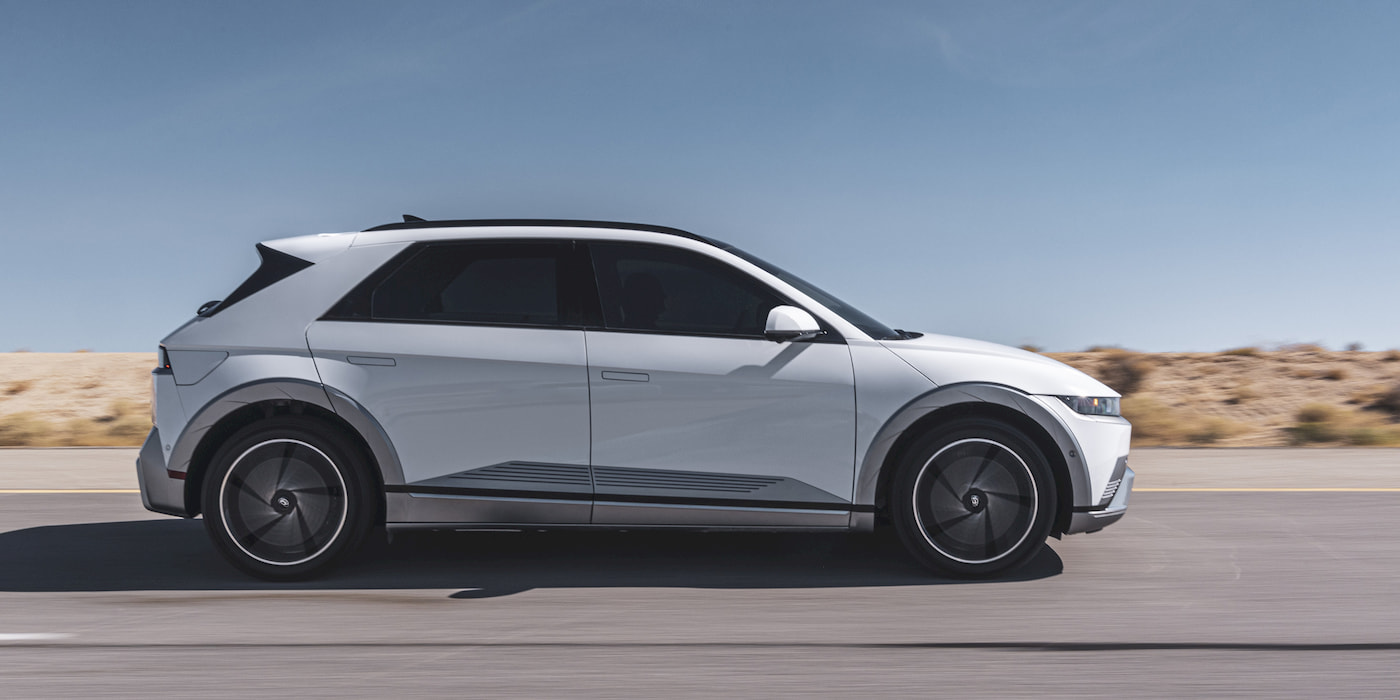
To be the most effective, you have to beat the most effective. Hyundai Motor is growing ultra-high-capacity LFP batteries to energy upcoming low-cost Hyundai and Kia electrical automobiles. Aiming for an power density of round 300 Wh/kg, Hyundai’s LFP batteries would high China’s CATL and BYD.
Hyundai is already proving to be a pacesetter within the shift to electrical automobiles. Its IONIQ 5 and 6 are already a number of the best and inexpensive available on the market, however the Korean automaker has greater plans.
The corporate is growing new batteries and different EV tech to safe a management spot within the auto {industry}’s future.
Hyundai is working with home firms to develop ultra-high-capacity LFP batteries. A Hyundai Motor Group official confirmed final fall that the corporate was working with home battery makers like LG Power Resolution, Samsung SDI, and SK On.
Hyundai goals to maximise cell capability, planning to develop LFP batteries with an power density of round 300 Wh/kg by 2025.
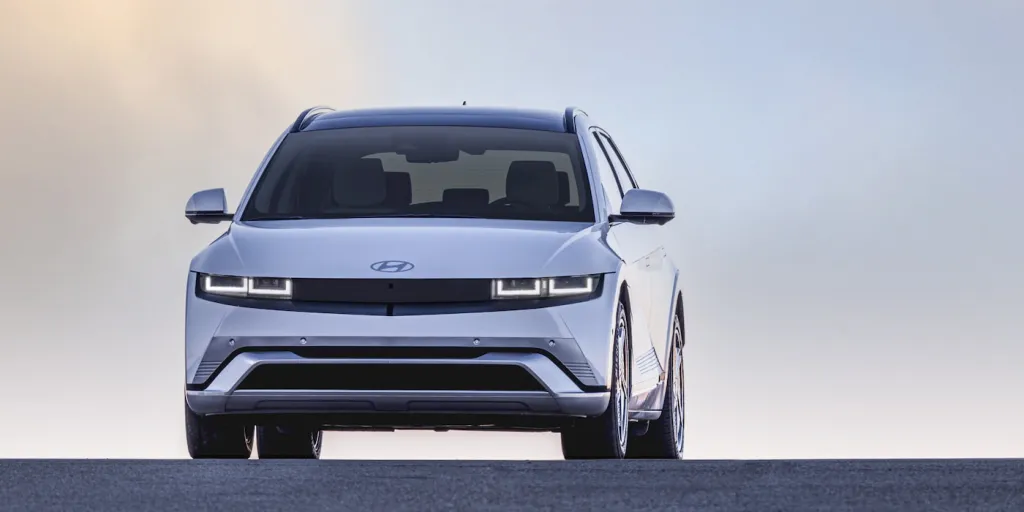
If achieved, Hyundai would simply beat the power density of present LFP battery leaders like BYD and CATL, with an power density upwards of round 200 Wh/kg.
China dominates the worldwide battery market, with CATL and BYD accounting for over 50% of the share by August 2024.
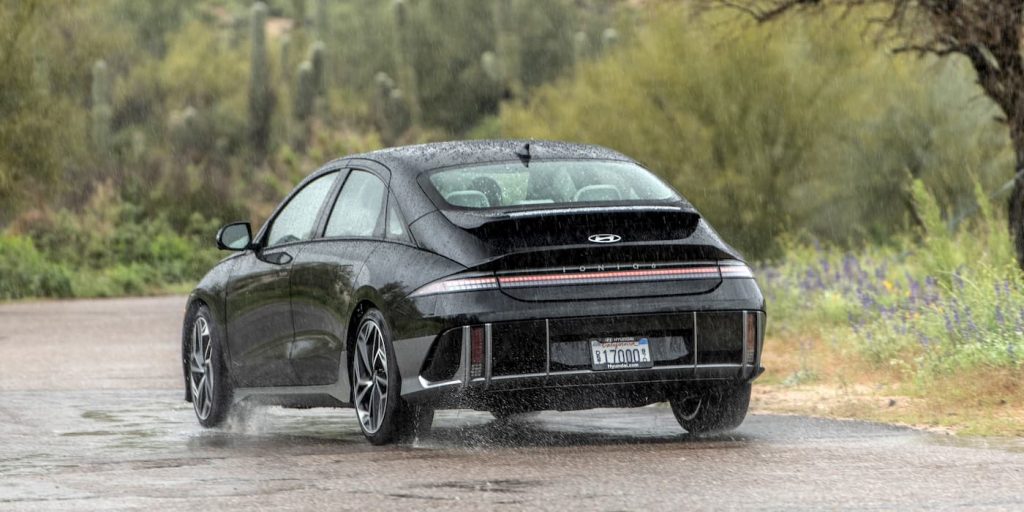
Hyundai is growing LFP batteries for low-cost EVs
Trade sources stated Hyundai is growing batteries to cut back its reliance on China whereas enabling it to fabricate its personal cost-effective EVs.
Hyundai’s Kona EV and the Kia Ray already use batteries from CATL. Nevertheless, with new tariffs on EV imports from China within the US and EU, Hyundai is forging its personal path.
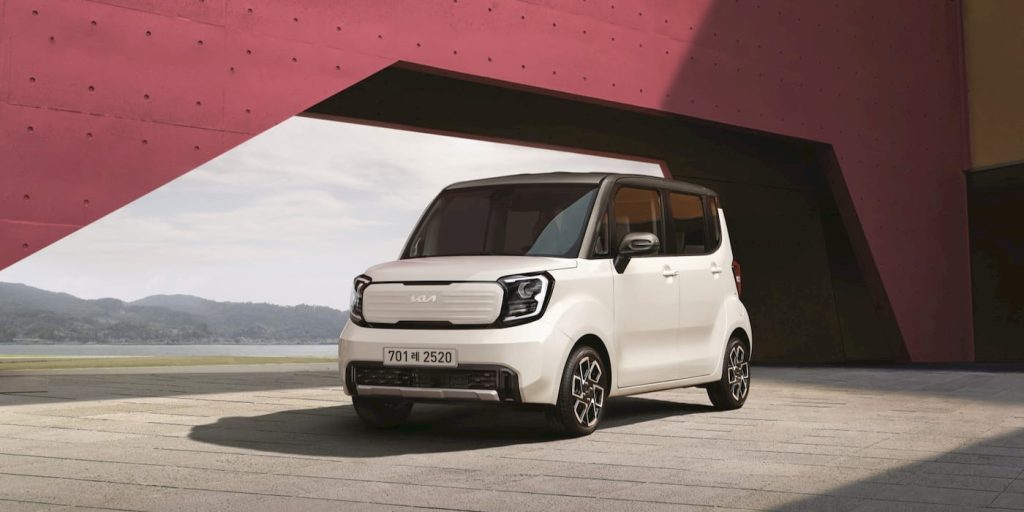
Final June, Hyundai Motor CEO Chang Jae-hoon revealed a $7.3 billion (9.5 trillion received) funding in EV battery expertise and growth over the subsequent 10 years. Chang stated Hyundai will work with battery makers and others to develop LFP, NCM, and all-solid-state batteries.
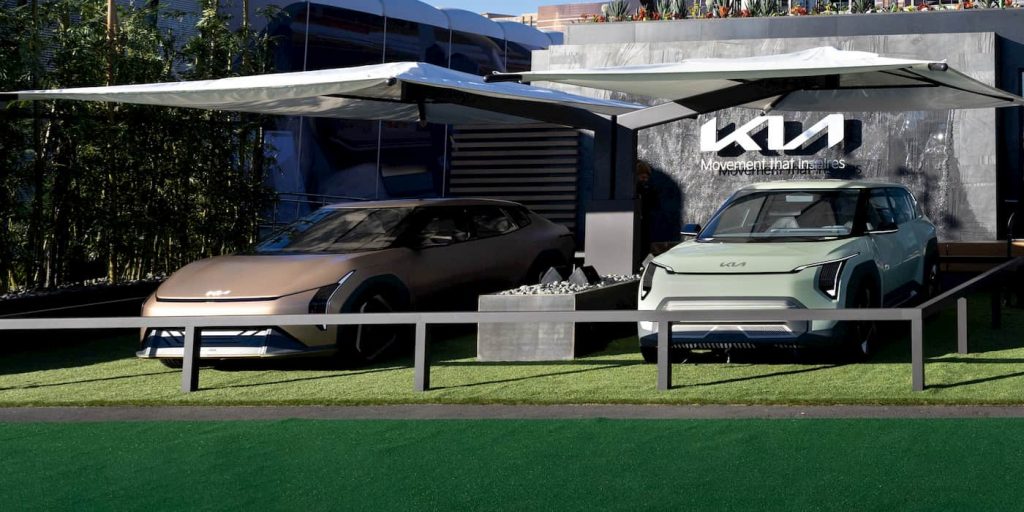
Hyundai and Kia introduced a brand new venture final month to develop LFP battery cathode materials for lower-cost EVs.
The automakers are partnering with Hyundai Metal and ExoPro BM to develop a precursor to supply LFP battery cathode materials. Hyundai claims the brand new manufacturing methodology can enhance effectivity whereas chopping prices for future fashions.
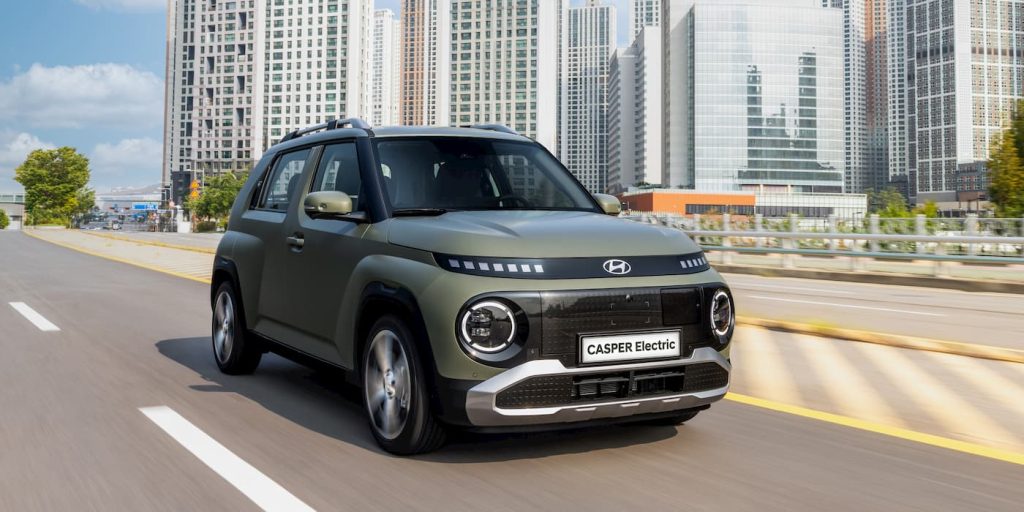
Hyundai and Kia are already launching lower-priced EVs. Hyundai’s Capsper Electrical begins at underneath $23,000 (31.5 million received) in Korea. With incentives, Hyundai stated it may be purchased for underneath $15,000 (20 million received). Kia’s EV3 begins at round $30,000. Nevertheless, Hyundai’s next-gen EVs are anticipated to be even cheaper and extra environment friendly.
Supply: TheKoreanCarBlog, TheKoreaHerald
FTC: We use revenue incomes auto affiliate hyperlinks. Extra.



